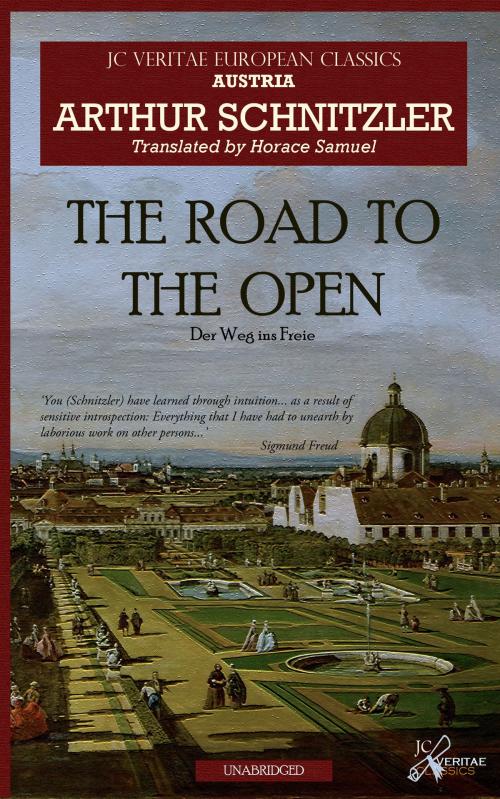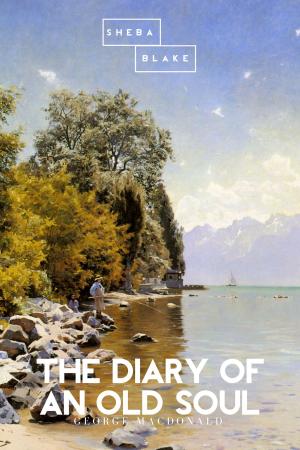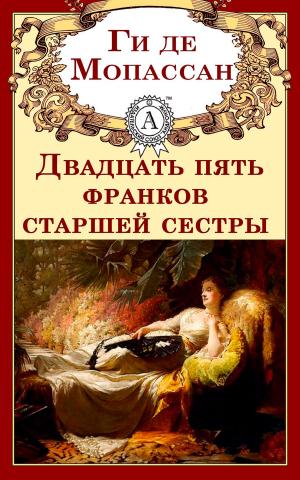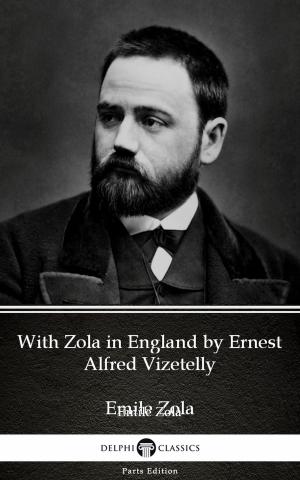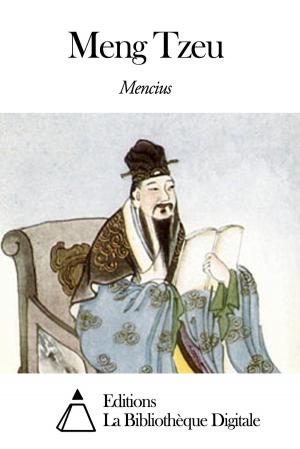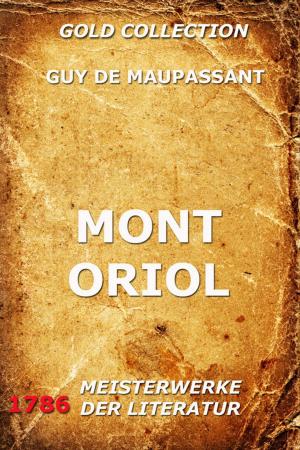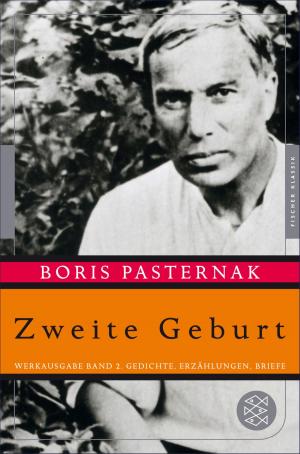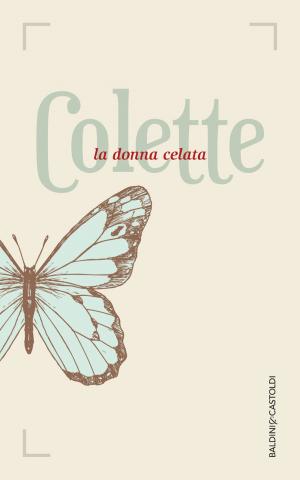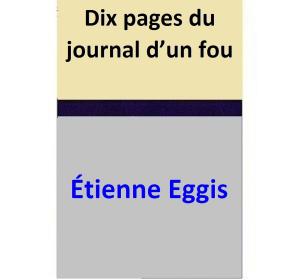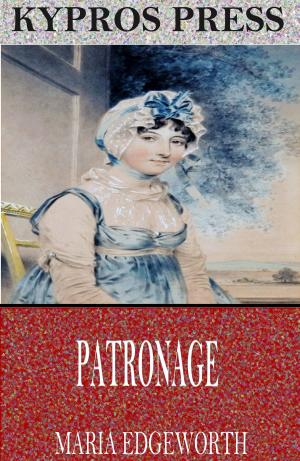| Author: | Arthur Schnitzler | ISBN: | 9788795659498 |
| Publisher: | JC Verite | Publication: | June 1, 2014 |
| Imprint: | JC Verite Classics | Language: | English |
| Author: | Arthur Schnitzler |
| ISBN: | 9788795659498 |
| Publisher: | JC Verite |
| Publication: | June 1, 2014 |
| Imprint: | JC Verite Classics |
| Language: | English |
On the outset, 'The Road to The Open' is about a talented young composer suffering from a lack of inspiration. It is, however, a brilliant description of a slice of pre-World War I Viennese society, especially its intelligentsia. The novel dexterously showcases ‘fin-de-siècle Austria’ – the veritable Austria of the salons, cafes and musical concertos attended by the Viennese intellectuals and royals. It traces the thought process of an entire generation, spanning both Jewish and the Christian community as the nation prepares to enter the most turbulent period of German history. The imminent fall of the Austro-Hungarian empire would deepen the confusion of a nation as it loses itself fatally in a growing, far-reaching wave of nationalism and anti-semitism. --------------------------------------------------------------------------------------------------------------------- Austrian author/dramatist Arthur Schnitzler's works were often categorized to be controversial, not only due to their frank description of sexuality, but for their strong stand against evils of anti-semitism. Schnitzler was categorised as a pornographer following his drama ‘Reigen’. It is often observed that the furore Schnitzler had to face after this play was originated in the strongest anti-semitic circles. It is of little wonder that Schnitzler's works were classified "Jewish filth" by Adolf Hitler. The books were banned by the Nazis in Austria and Germany. In 1933, when Joseph Goebbels organized book burnings in Berlin and elsewhere, Schnitzler's works were sacrificed at the altar of tyranny, along with those of other prominent Jews, including physicist Albert Einstein, philosopher Karl Marx, authors Franz Kafka, Stefan Zweig and Schnitzler's long-time admirer and noted neurologist Sigmund Freud. The father of psychoanalysis had thus to say about Schnitzler, ‘I have gained the impression that you have learned through intuition – although actually as a result of sensitive introspection – everything that I have had to unearth by laborious work on other persons’. ---------------------------------------------------------------------------------------------------------------------------------------------------------------------- => Perfect formatting, easy flowing texts (completely customizable) => Features a foreword by series editor tracing the historical context of the work in question and a brief account regarding the life of the author => Text has been thoroughly proofread to ensure the perfect reading experience.
On the outset, 'The Road to The Open' is about a talented young composer suffering from a lack of inspiration. It is, however, a brilliant description of a slice of pre-World War I Viennese society, especially its intelligentsia. The novel dexterously showcases ‘fin-de-siècle Austria’ – the veritable Austria of the salons, cafes and musical concertos attended by the Viennese intellectuals and royals. It traces the thought process of an entire generation, spanning both Jewish and the Christian community as the nation prepares to enter the most turbulent period of German history. The imminent fall of the Austro-Hungarian empire would deepen the confusion of a nation as it loses itself fatally in a growing, far-reaching wave of nationalism and anti-semitism. --------------------------------------------------------------------------------------------------------------------- Austrian author/dramatist Arthur Schnitzler's works were often categorized to be controversial, not only due to their frank description of sexuality, but for their strong stand against evils of anti-semitism. Schnitzler was categorised as a pornographer following his drama ‘Reigen’. It is often observed that the furore Schnitzler had to face after this play was originated in the strongest anti-semitic circles. It is of little wonder that Schnitzler's works were classified "Jewish filth" by Adolf Hitler. The books were banned by the Nazis in Austria and Germany. In 1933, when Joseph Goebbels organized book burnings in Berlin and elsewhere, Schnitzler's works were sacrificed at the altar of tyranny, along with those of other prominent Jews, including physicist Albert Einstein, philosopher Karl Marx, authors Franz Kafka, Stefan Zweig and Schnitzler's long-time admirer and noted neurologist Sigmund Freud. The father of psychoanalysis had thus to say about Schnitzler, ‘I have gained the impression that you have learned through intuition – although actually as a result of sensitive introspection – everything that I have had to unearth by laborious work on other persons’. ---------------------------------------------------------------------------------------------------------------------------------------------------------------------- => Perfect formatting, easy flowing texts (completely customizable) => Features a foreword by series editor tracing the historical context of the work in question and a brief account regarding the life of the author => Text has been thoroughly proofread to ensure the perfect reading experience.
